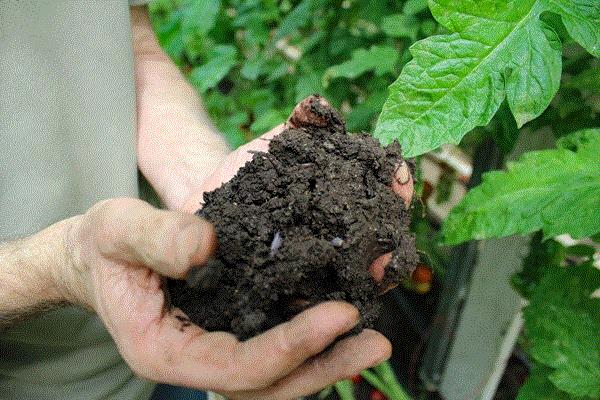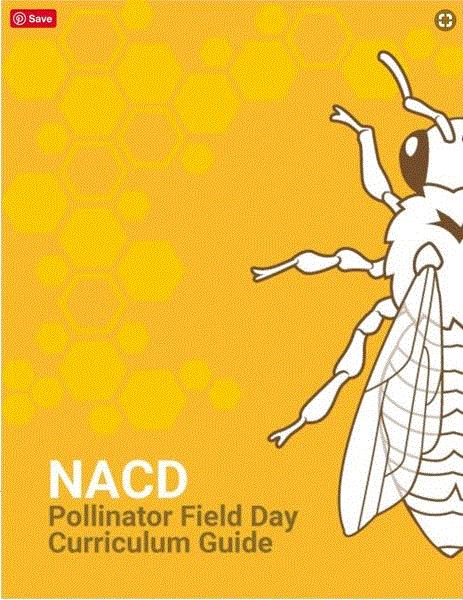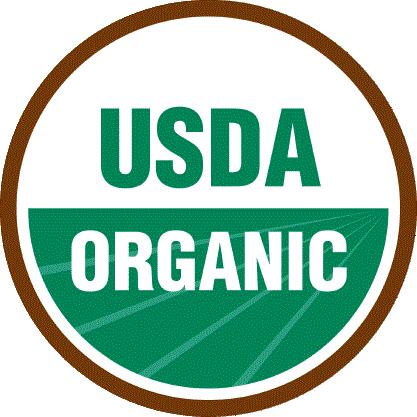Ding, Ding: New Round of Organic Hydroponic Debate
If you thought the whole debate of whether or not hydroponically grown products should be allowed to be certified organic in the U.S. was over and done with, think again. It’s lawsuit time.
This week, the Center for Food Safety and a coalition of organic farms and stakeholders announced they have filed a lawsuit challenging the USDA’s decision to allow hydroponic operations to be certified organic.
Before I delve into the lawsuit (below), let’s cover the issue to date:
-
While hydroponic growers have been getting certified organic for years, as the industry grew in recent years, many began to question if the USDA Organic rules did allow for hydroponics. This was debated vigorously. One side believes that the principal foundation of organic is all about the soil; growing in soilless media or in water solutions cannot meet the definition of organic. The other side thinks that the organic rules can be followed through hydroponic production.
-
In November 2017, the National Organic Standards Board (NOSB) voted (by a margin of one vote) to recommend allowing hydroponic and container production to be allowed to be certified organic. The NOSB’s recommendation went to the USDA’s National Organic Program (NOP), and the NOP accepted the recommendation and said the issue was closed.
-
Shortly after the NOP decision, The Real Organic Project was created by a group of organic stakeholders disheartened by the ruling. They formed a board and decided to develop an add-on label that organic growers could attain in addition to their USDA organic label. A number of organic farms have certified with their new draft standards, which require in-soil production and, for livestock, a stricter set of rules that don’t allow CAFOs (concentrated animal feeding operations). So far, there’s no real marketing arm at the consumer level for this label.
-
On March 3, 2020, the Center for Food Safety filed the lawsuit against the USDA.

The Lawsuit: In-Soil vs. Hydroponic
A lawsuit filed by the Center For Food Safety (CFS), along with a coalition of organic farms and stakeholders, claims that hydroponic operations violate organic standards by “failing to build healthy soils.” The complaint asks the court to stop the USDA from allowing hydroponically produced crops to be sold with the USDA Organic label. (Some folks in our industry may already be familiar with CFS’s work on limiting the use of neonicotinoids.)
CFS Executive Director Andrew Kimbrell said, “USDA's loophole for corporate hydroponics to be sold under the Organic label guts the very essence of 'Organic.’” You can read CFA’s full press release HERE.
Meanwhile, the Coalition for Sustainable Organics issued their own statement, which began, “The Coalition for Sustainable Organics (CSO) is saddened by the latest attempts by the Center for Food Safety and their allies to limit fair competition and organic supplies in the market through legal action.” You can read their full statement HERE.
We’ll keep you up to date on how this progresses.

Further reading: Want to go deeper? I visited tomato grower and executive director of the Real Organic Project, Dave Chapman, last spring. You can read about it on page 14 of this issue of Inside Grower.
Sidenote: I had hoped to also profile an organic hydroponic operation, but I was having a tough time nailing down an organic hydroponic tomato grower who wanted to be interviewed. (So, if that’s you, and you want to share your story, send me an email!)

Host a Pollinator Conservation Field Day
Want to get kids engaged in pollinator conservation? The National Association of Conservation Districts (NACD) has a free guide to help you out. “A Guide to Conducting a Pollinator Conservation Field Day” is available for download HERE.

It provides interactive learning experiences for grades K-8, focusing on habitat- and pollinator-themed activities for both in the classroom and outdoors.
“By arming both traditional and non-traditional educators and facilitators with this field day guide, NACD will help provide additional avenues for communities to interact and forge relationships with their local conservation districts,” NACD President Tim Palmer said.
Sounds like a great opportunity for your greenhouse or garden center to team up with schools and local conservation districts to talk pollinators.
Reasons to Green Up
Tying the benefits of plants to human health is a great way to market your plants. Here are two new studies to support your claims. Because who doesn’t want to help out kids?
1. A short walk (in the study, 30 minutes) in nature improves attention spans for children. (We already knew this about adults.) Meanwhile, the test group in the study that took 30-minute walks in an urban setting experienced a fatigued attention system. Read more HERE.
2. In a similarly themed study in China, they found that greater levels of greenness around schools was significantly associated with lower odds of attention-deficit/hyperactivity disorder (ADHD). The study looked at 59,754 children in 94 schools. Read more HERE.
CA Pitches Organic to Combat Climate Change
California Certified Organic Farmers (CCOF) released a plan that uses organic farming to reduce California’s greenhouse gas emissions. The report outlines several steps to maximize organic farming in order to combat climate change.

Check out “Roadmap to an Organic California: Policy Report.”
Until next time,

Jennifer Duffield White
jwhite@ballpublishing.com
This email received by 22,690 loyal readers!
Want to be one of the lucky sponsors who reach those readers of GreenTalks? Drop Paul Black a line and he’ll tell you what a bargain it is!
GreenTalks® is a registered trademark of Ball Horticultural Company in the U.S.